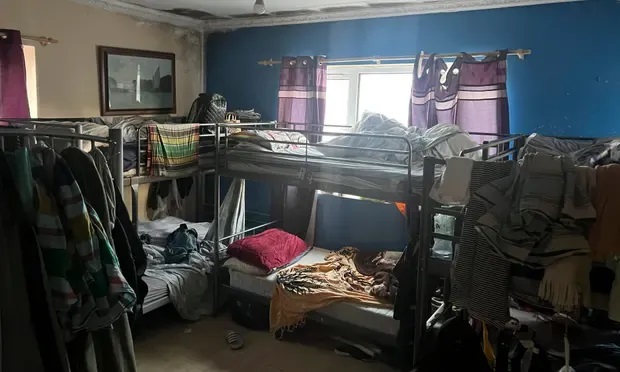In the realm of property management, the paramount responsibility of ensuring the safety and compliance of rental properties is a significant concern for landlords. A recent survey, involving 1,200 landlords, has highlighted a substantial challenge: nearly 46% of landlords report difficulties in gaining access to their properties for conducting mandatory inspections, specifically gas safety checks. This blog post explores the obstacles landlords encounter, emphasises the importance of these inspections, and suggests practical methods for navigating these access issues efficiently.
Challenges in Gaining Access: Gaining entry to rental properties for routine inspections and gas safety checks is crucial for maintaining legal compliance and ensuring tenant safety. However, the survey indicates that almost half of the landlord's face obstructions in carrying out these essential tasks. This difficulty not only hinders compliance efforts but also increases the risks associated with gas appliances, potentially putting tenant well-being at risk.
Legal Obligations of Landlords: In the UK, landlords letting properties with gas appliances are legally required to arrange an annual gas safety inspection by a Gas Safe registered engineer. This statutory duty aims to prevent gas leaks, explosions, and carbon monoxide poisoning, securing a safe habitation environment for tenants. Non-compliance can lead to serious legal consequences, including penalties and invalidated property insurance.
Strategies for Overcoming Access Challenges:
- Clear Communication: Establish open lines of communication with tenants from the beginning of the tenancy. Clearly articulate the significance of these checks for their safety and the legal obligations involved.
- Flexible Scheduling: Propose various dates and times for the inspection, accommodating the tenant's schedule as much as feasible to foster cooperation.
- Advance Notice: Provide tenants with ample notice ahead of the scheduled inspection, adhering to legal requirements and fostering a respectful landlord-tenant relationship.
- Legal Awareness: Inform tenants about landlords' rights to access for safety checks, ensuring they understand that it is a statutory requirement, not merely an optional request.
- Professional Mediation: In instances of continuous refusal, consider engaging a professional mediation service to negotiate access on your behalf.
Conclusion: The challenges landlords face in gaining access to conduct mandatory safety inspections are substantial but manageable with an appropriate strategy. By prioritising communication, flexibility, and legal awareness, landlords can navigate these obstacles, ensuring compliance and safeguarding their tenants' safety. It’s a delicate balance between respecting tenant privacy and fulfilling statutory responsibilities, but with careful planning and cooperation, it is an achievable objective.





